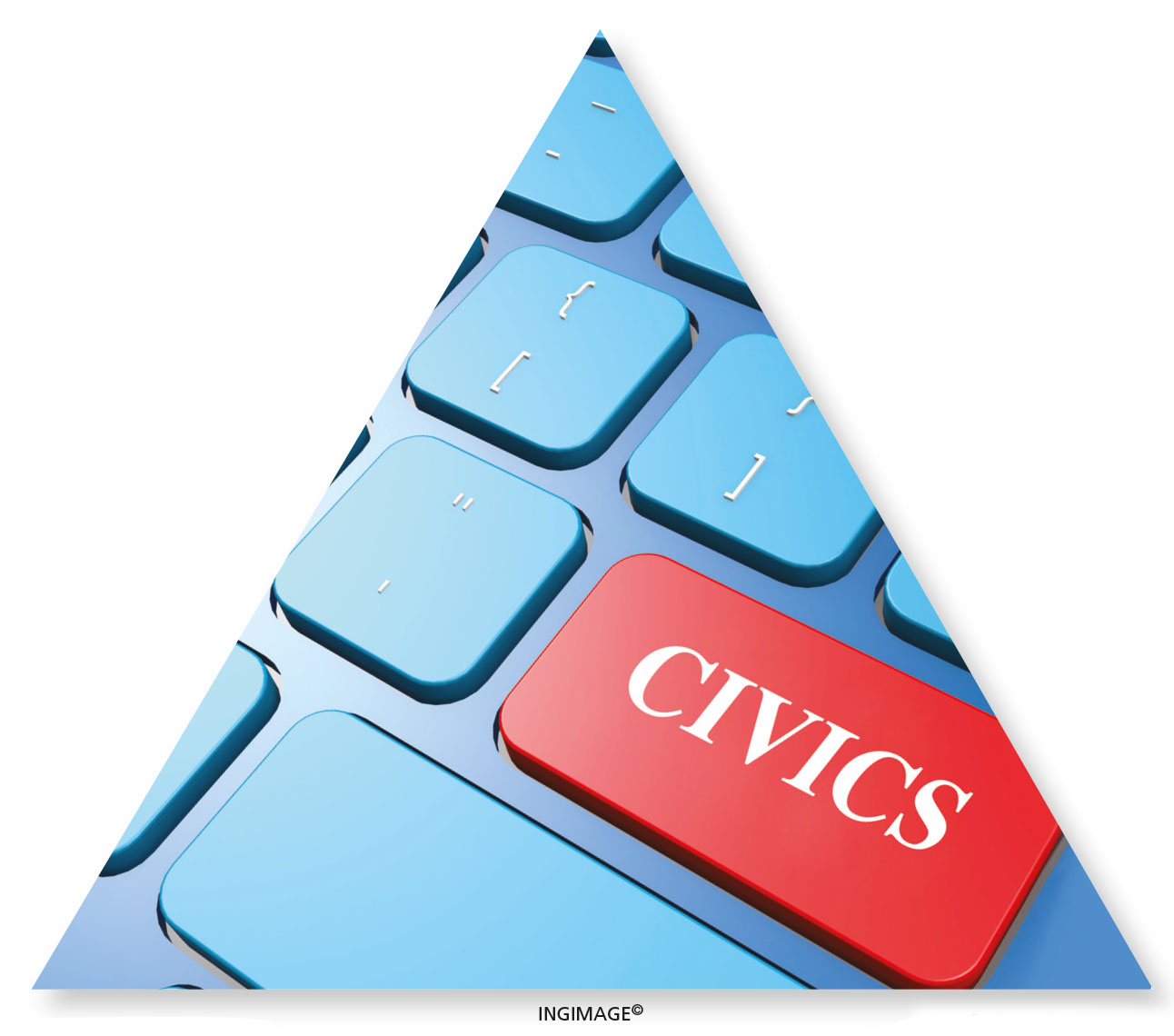EDUCATING SRI LANKA
A TIME FOR CIVICS
Goolbai Gunasekara advocates teaching civics in our schools
When I sat the SSC exam (the former O-Levels), civics was one of the options. And I have often wondered why it was dropped because it proved to be highly popular and wasn’t considered a ‘difficult subject.’ One needed a minimum of seven subjects and since we had to slave over maths, and the difficult subjects like history and geography, civics was a welcome option.
This too is a good time for schoolchildren to learn about basic political systems. It’s also the best time to teach civics since children are young and impressionable. The knowledge gained will help them later when faced with any sort of national upheaval because they’ll know how they should behave and what to think.
In these days of national tragedy, I must ask whether citizens are aware of how Sri Lanka is really governed. Are we aware of our rights and responsibilities? Are we aware of the rights and responsibilities of our ministers and members of parliament?
Children need to learn these basic facts while still in school.
At university, we found that civics was a useful precursor to political science. I think civics was dropped from the curriculum when the switch to the Sinhala medium took place overnight. The textbook couldn’t be translated in a hurry and so its popularity simply faded away.
Students of today have no understanding of what good governance means. Their knowledge of politics is gleaned from what they hear their (probably equally ignorant) parents say. Watching the news teaches them nothing – they only see the appalling behaviour of politicos making a mockery of democracy.
Good education underpins their future actions and behaviour. So the importance of what we teach our children can’t be overestimated.
Here’s what I think our students should be taught – in outline, of course. The details can be left to learned professors and other academic pundits.
Firstly, provide a brief account of our parliamentary democracy and its development. And other forms of government could be explained briefly, highlighting both advantages and disadvantages. There are many examples of governmental systems, which (if properly applied) have both good points and bad. These systems include dictatorships, military dictatorships, federal/presidential republics, socialist administrations and communist regimes.
And then there are monarchies that are extremely interesting because they’re very different to each other. The British version for example, is based on longstanding tradition and an unwritten constitution. The Japanese imperial family has provided perhaps the most respected and loved emperor in history. The Thai king (the former sovereign, at least) could sway governments if he wished to do so; everyone adored him and to speak against him was punishable with a prison sentence.
If the subject was still being taught, this would have been a good time to discuss the abdication of the Japanese Emperor and coronation of a new Thai monarch. Further discussion could include the British monarchy, and the love and respect the Queen commands.
Parents must surely see the advantage of teaching civics.
The world is changing rapidly and unless our children are armed with knowledge of good governance, they won’t be able to apply high standards to their own country in the event that their elected representatives behave poorly. They must understand the power, not the prostitution, of their future votes. And in a corruption ridden country, we need to give our children the knowledge and weapons to fight it.
Youth should know what they can expect from their elected representatives. In a way, civics teaches them to be the watchdogs of our constitution. Education along these lines should definitely be considered and civics made an option as an O-Level subject immediately.
If I had my way, I’d ask that every parliamentarian has to obtain at least a pass in civics at the O-Level exam. In fact, it should be made a compulsory subject rather than the teaching of religion, which results in tragic sectarianism.
As I write this month’s column, our country is still reeling from the Easter Sunday carnage. Education can be a great binder. What our students learn from their teachers in schools will help them make the correct choices later in life – and the learning of civics will help this immensely.
Lastly, what we badly need is an education in values instead of religion – let religion be taught by parents and priests. But let a good values education syllabus unite the communities of Sri Lanka in schools at least. Let all our students learn the same values.
A good place to start would be with the Krishnamurti syllabus, which was taught with great effect at the international school where I was the principal. Unity and a commonly accepted truth may be the happy result.




